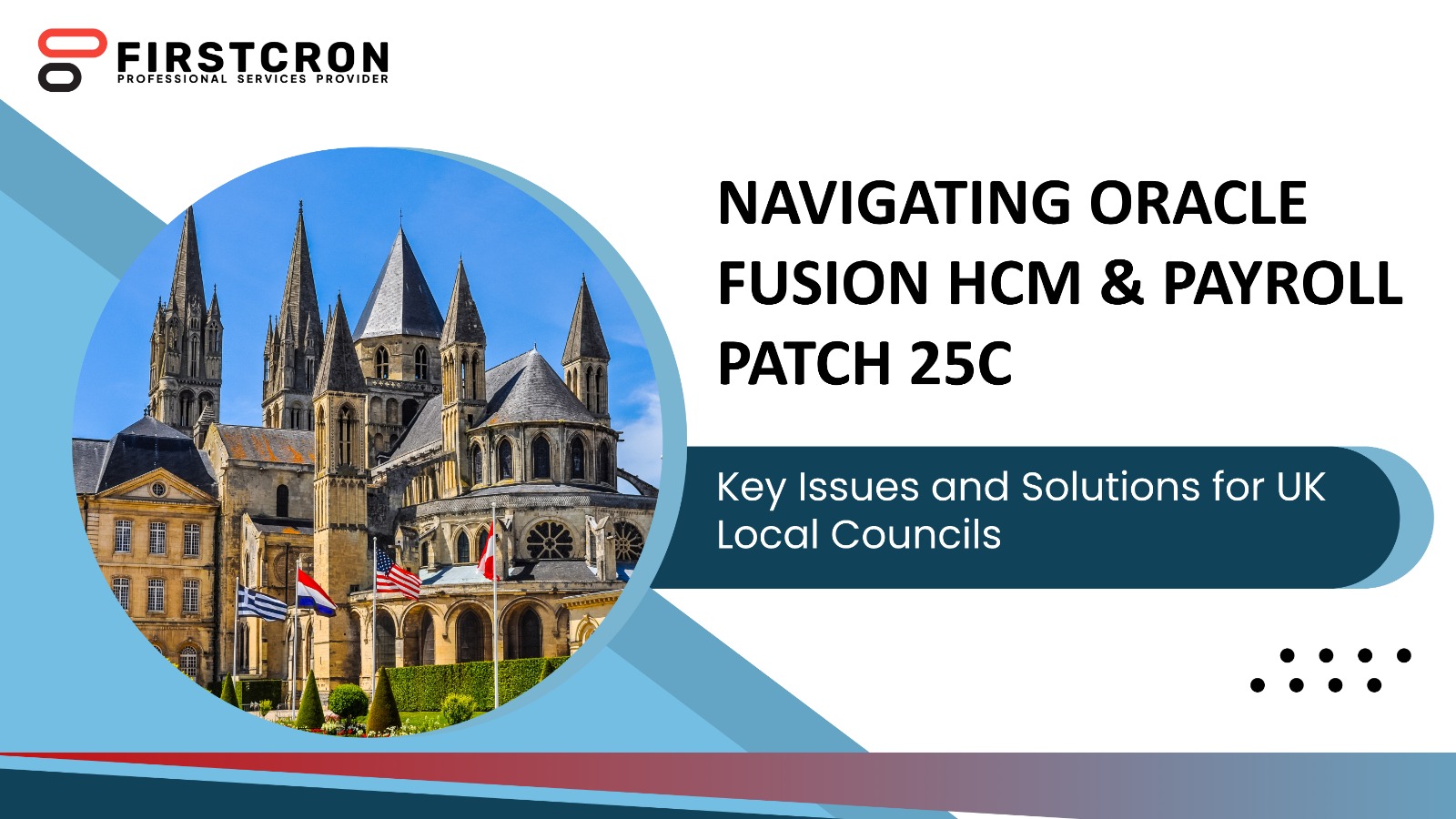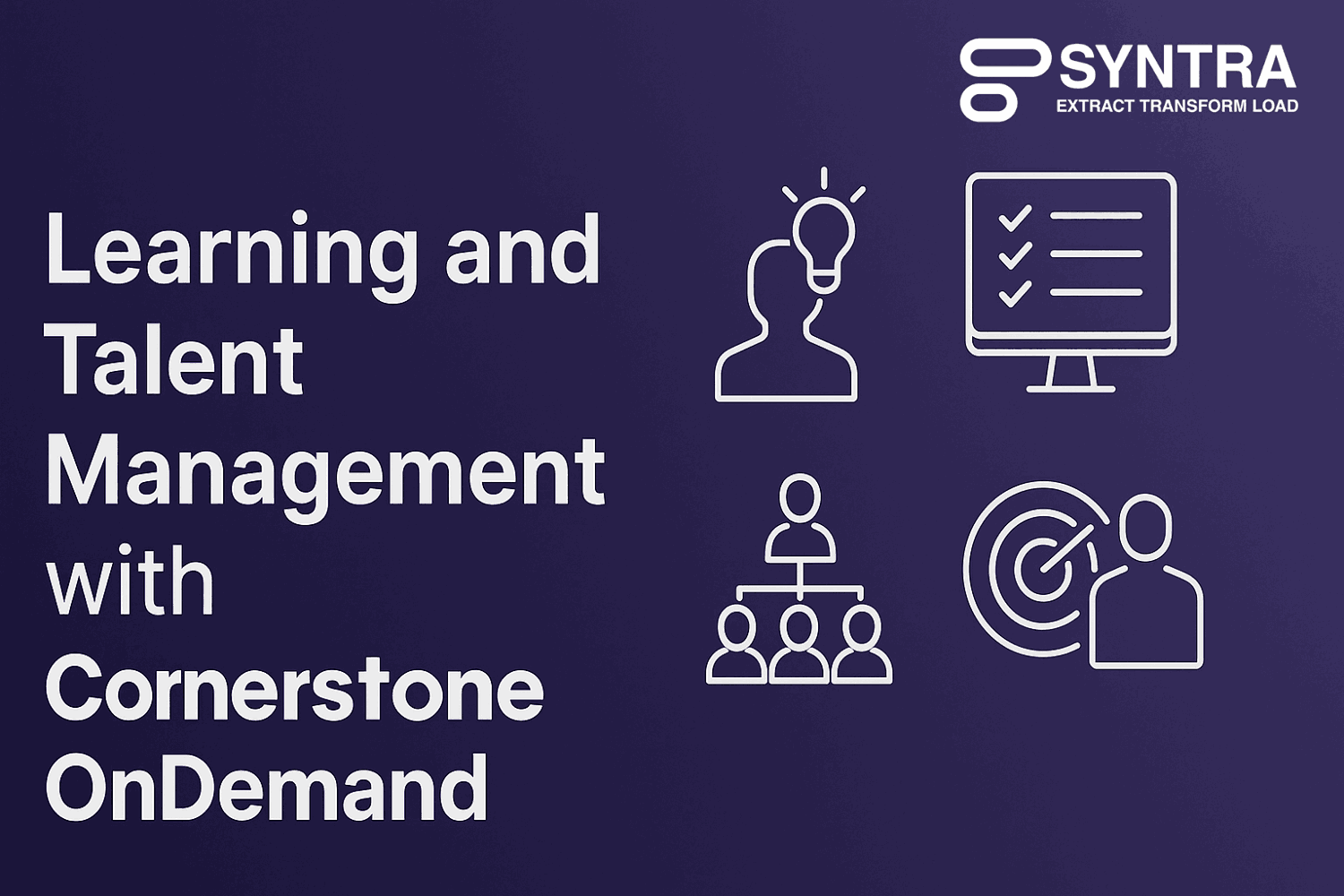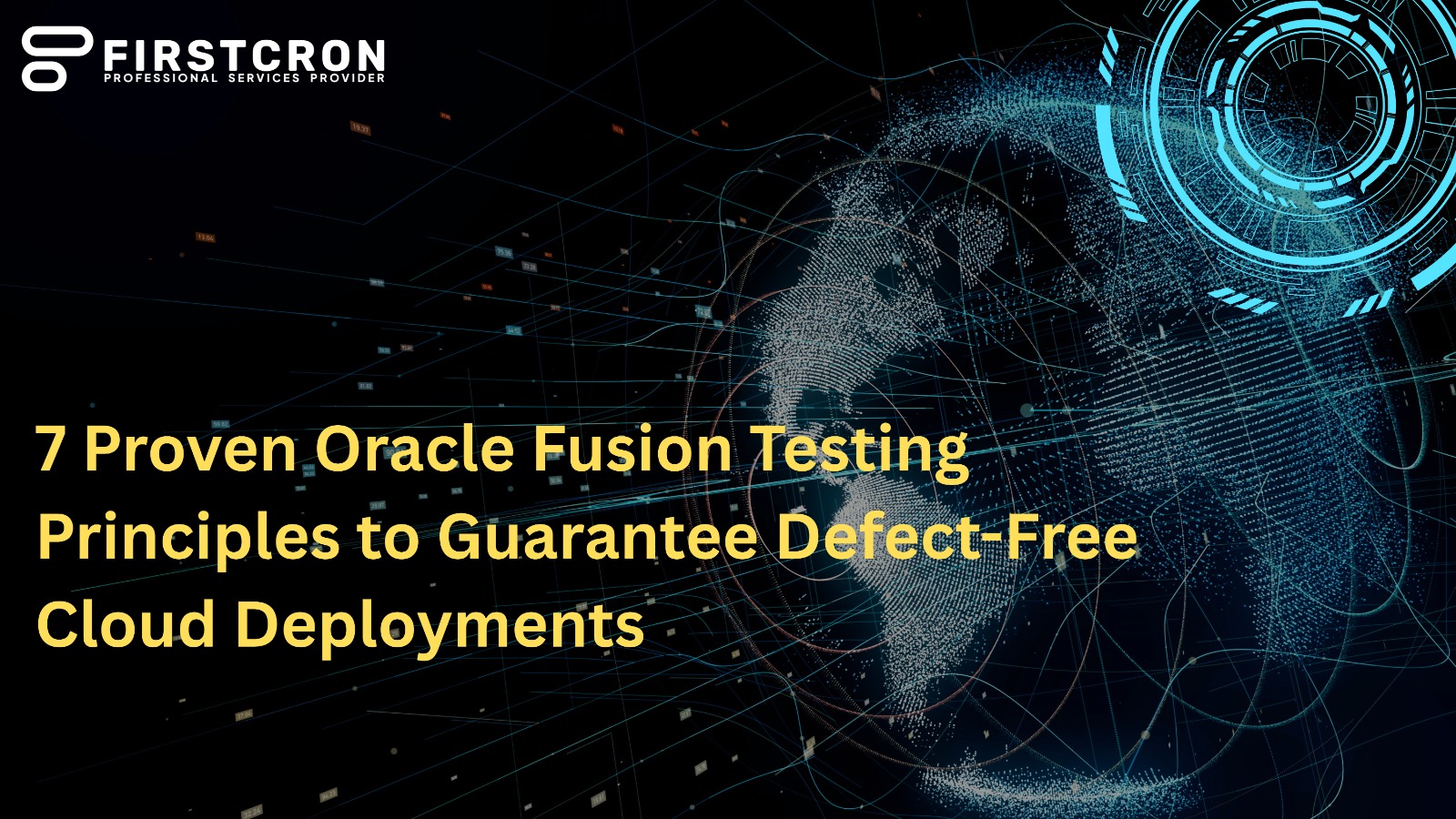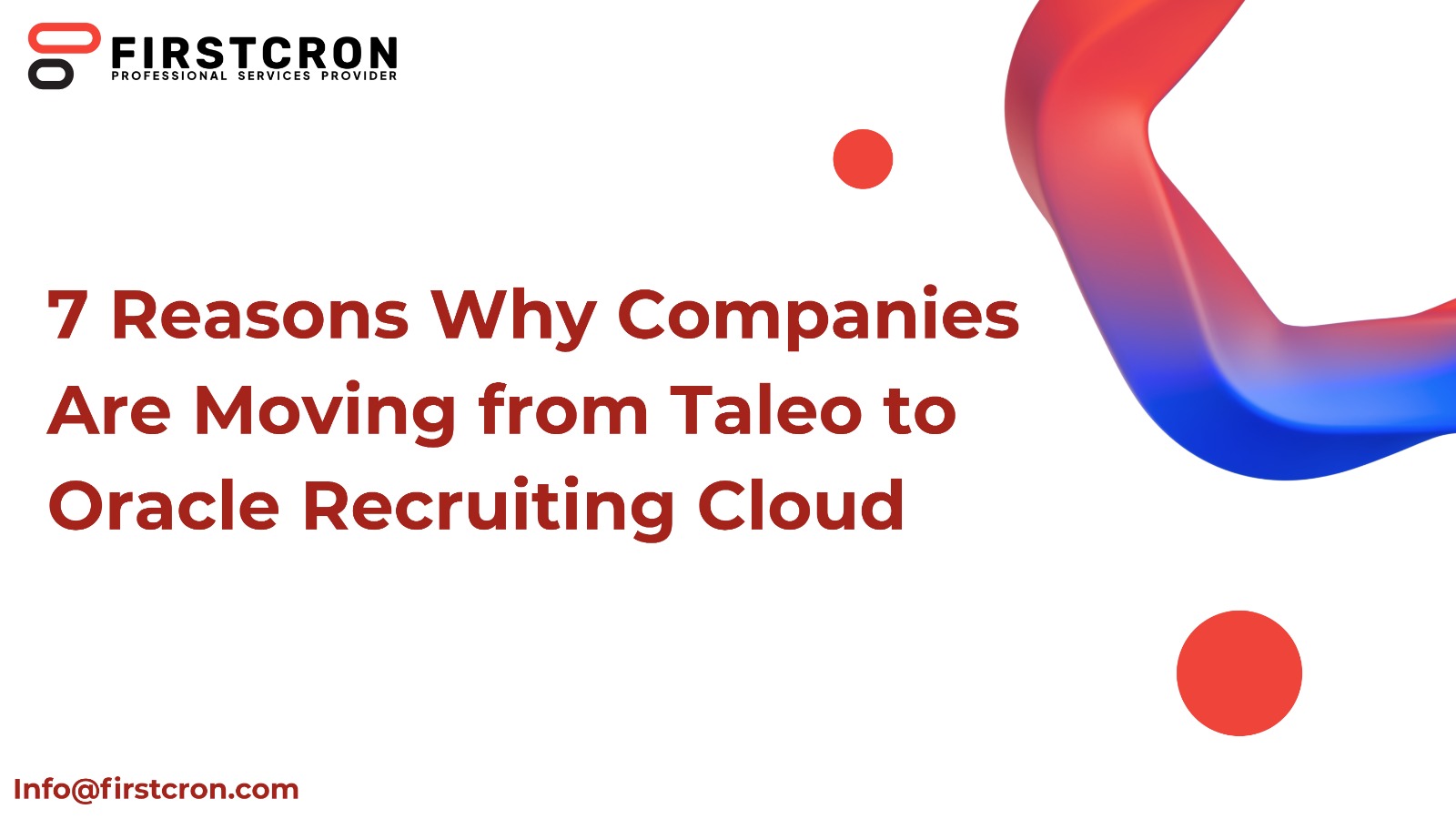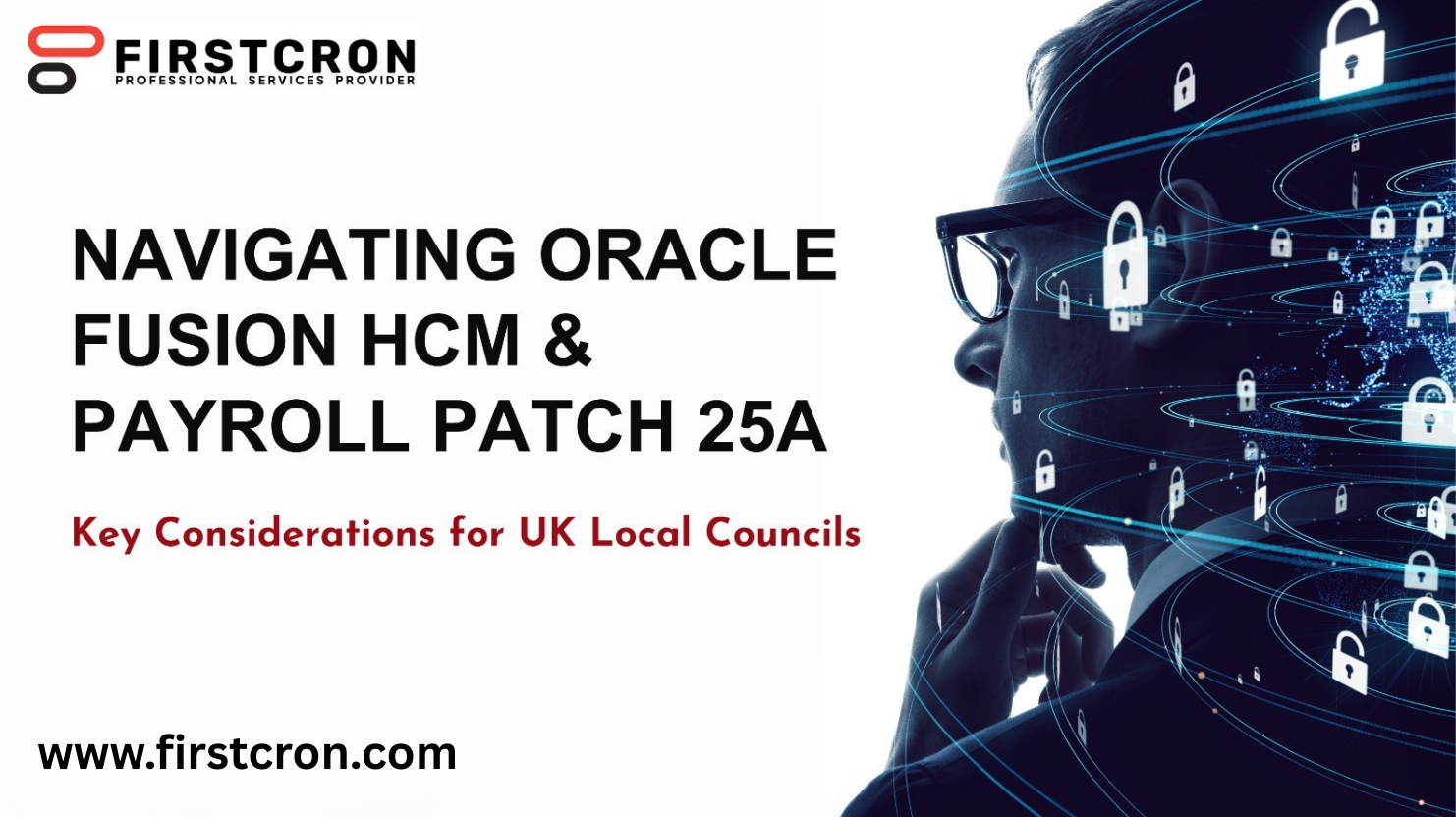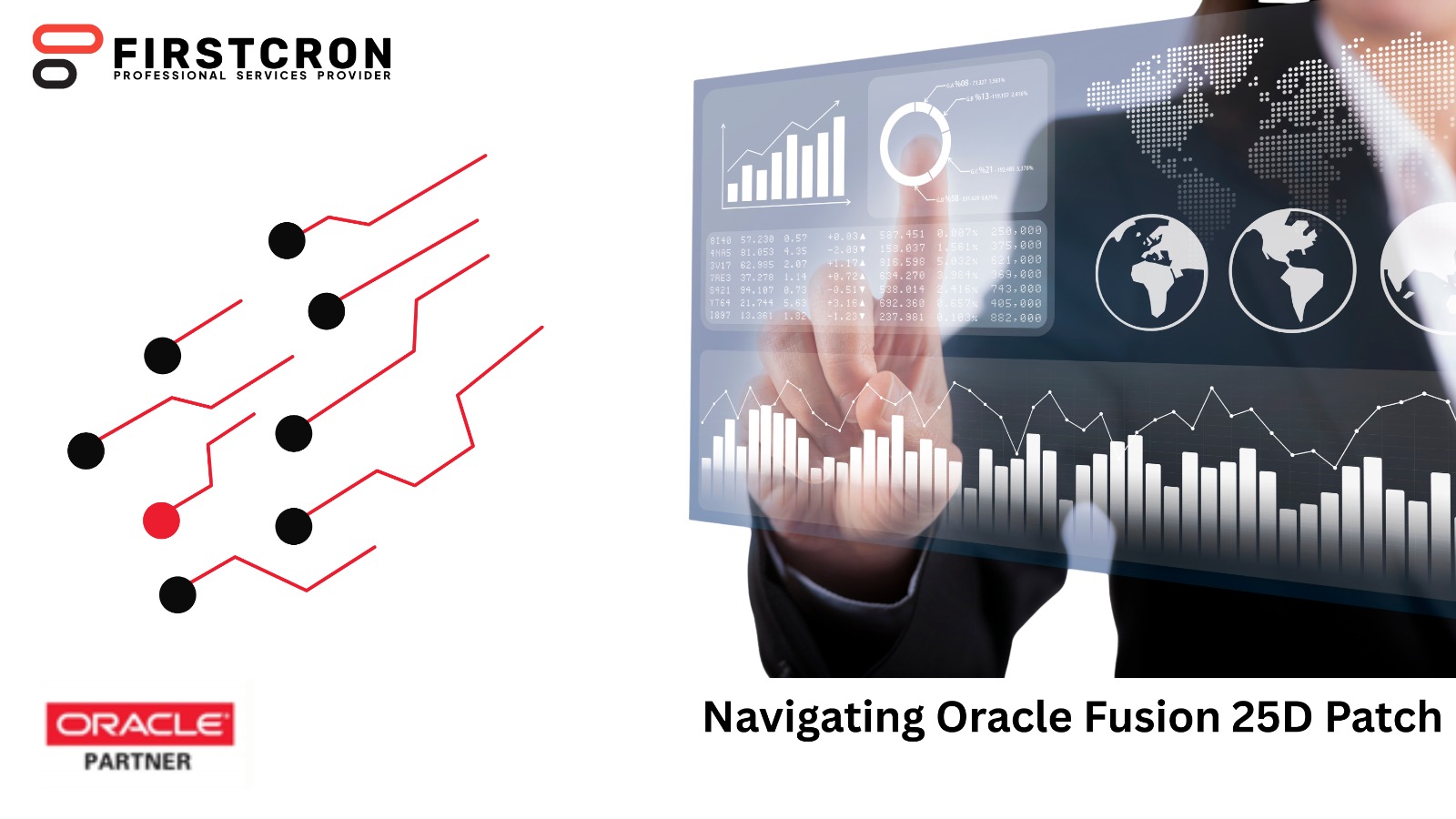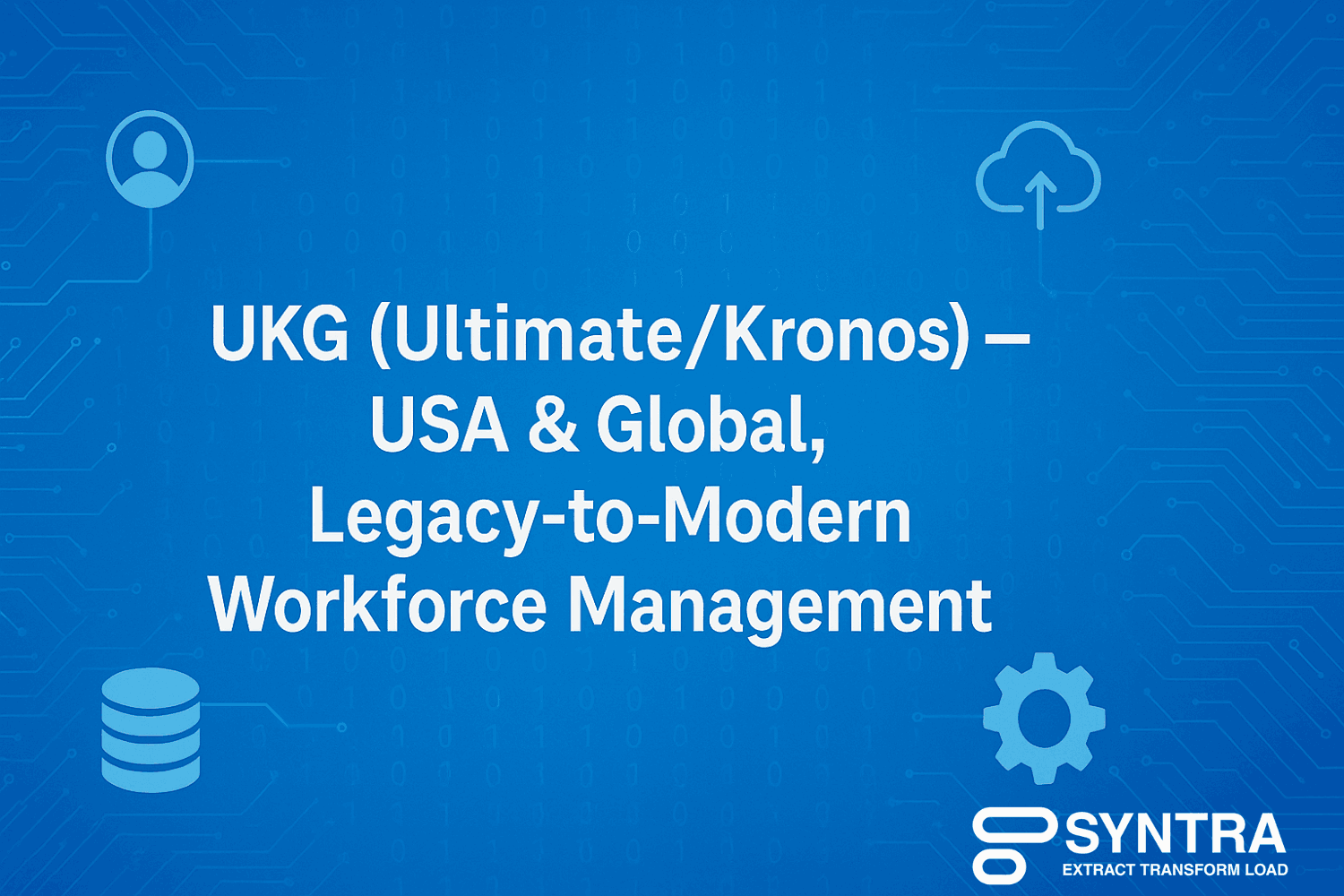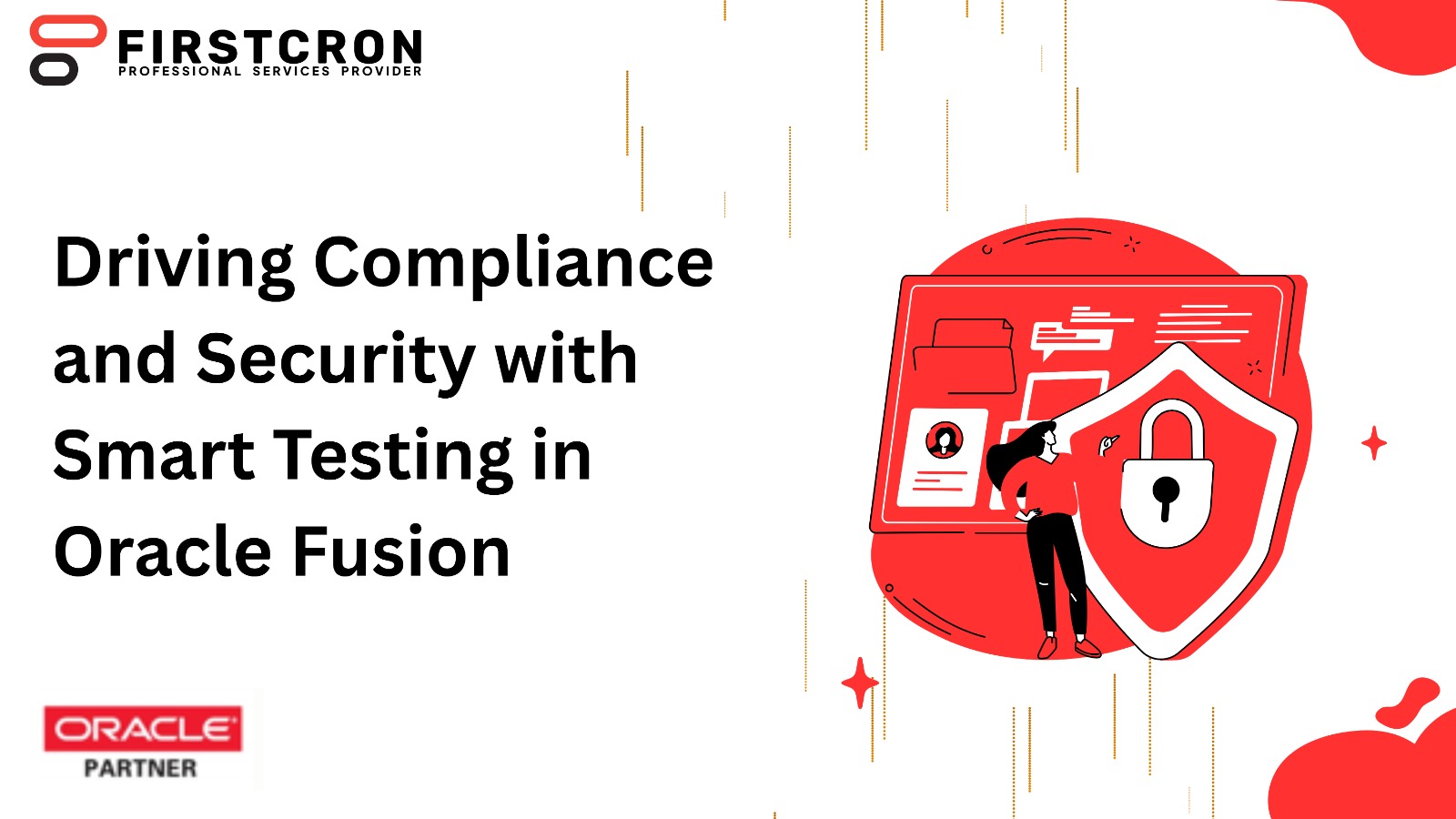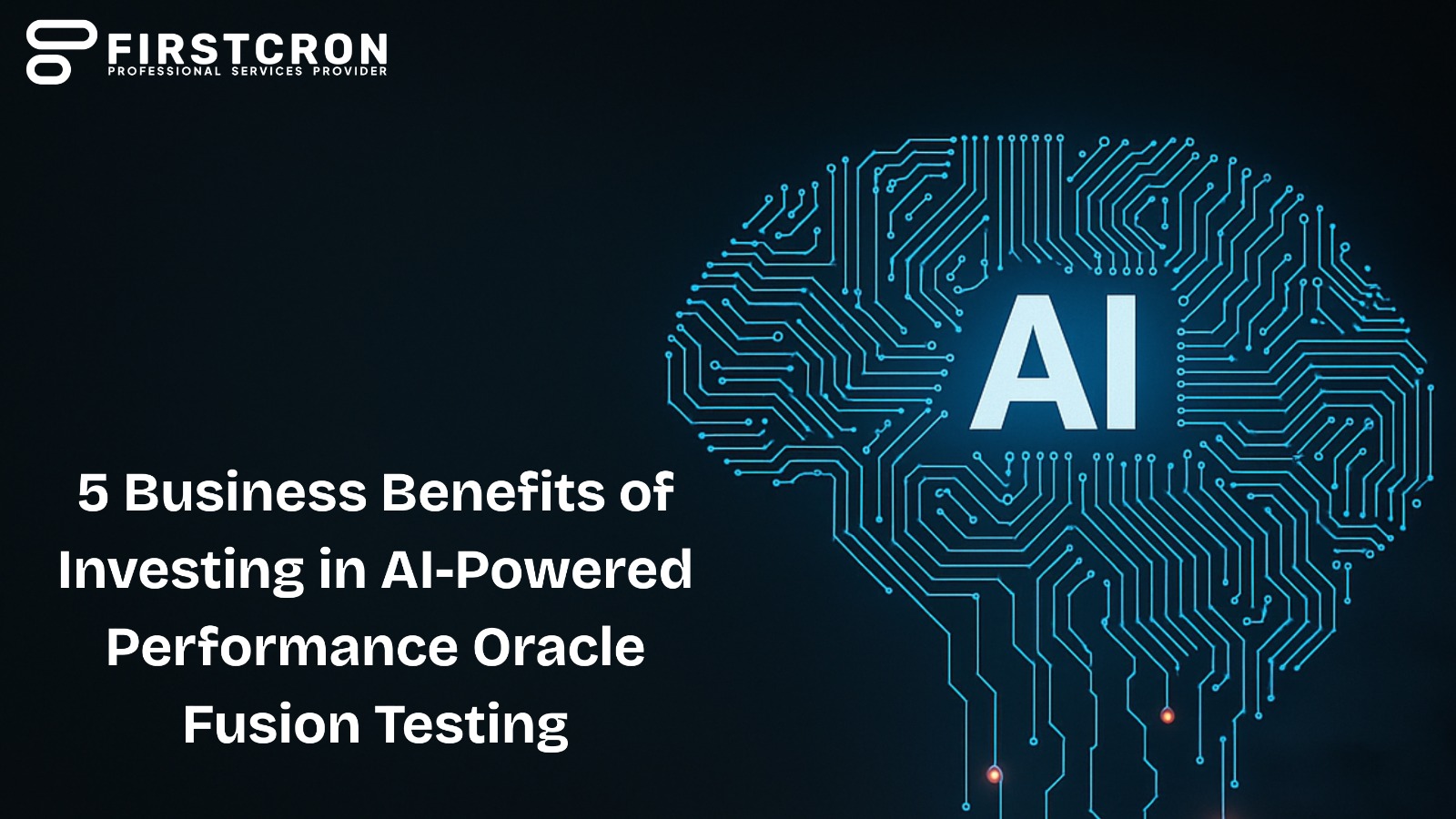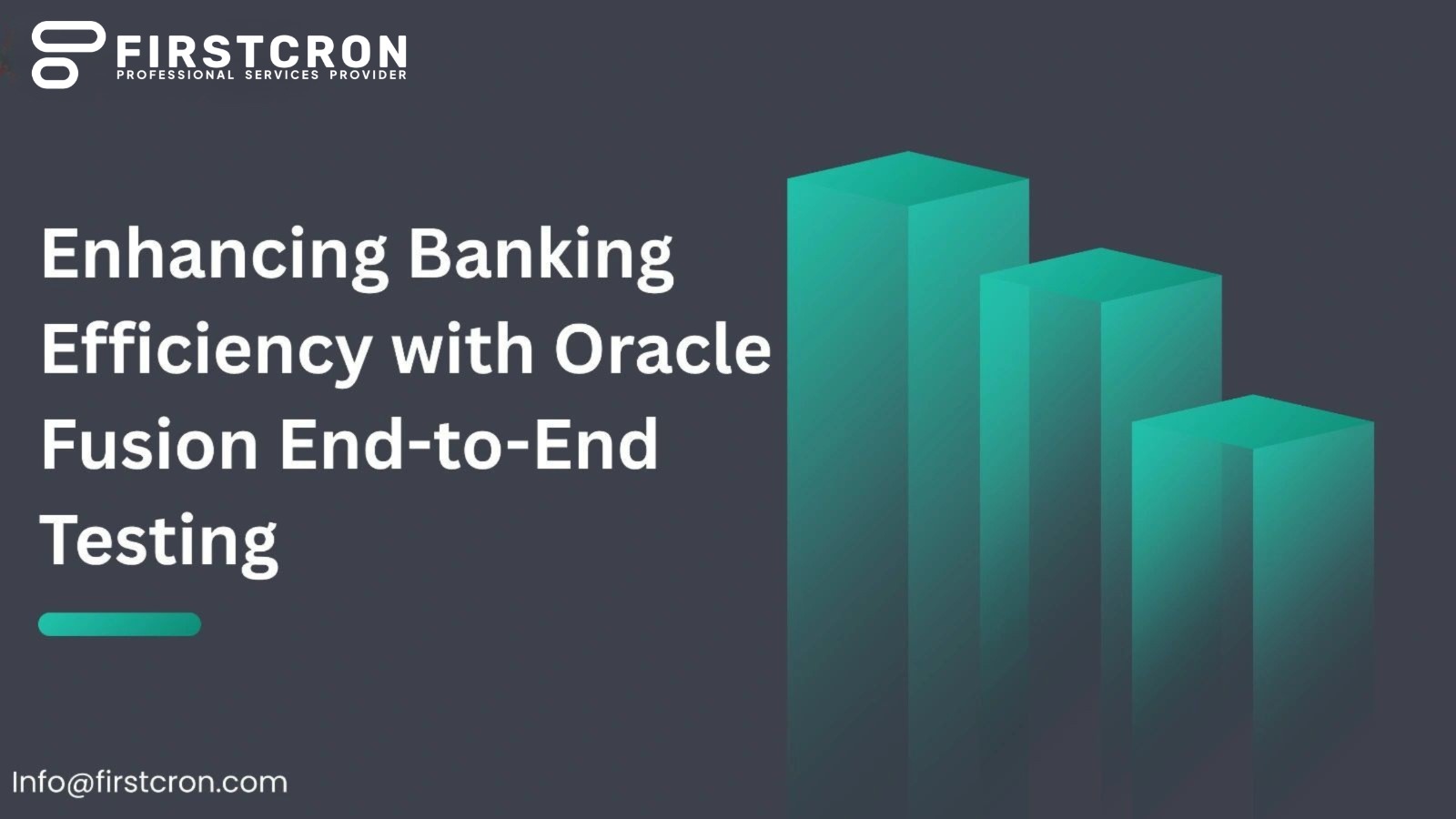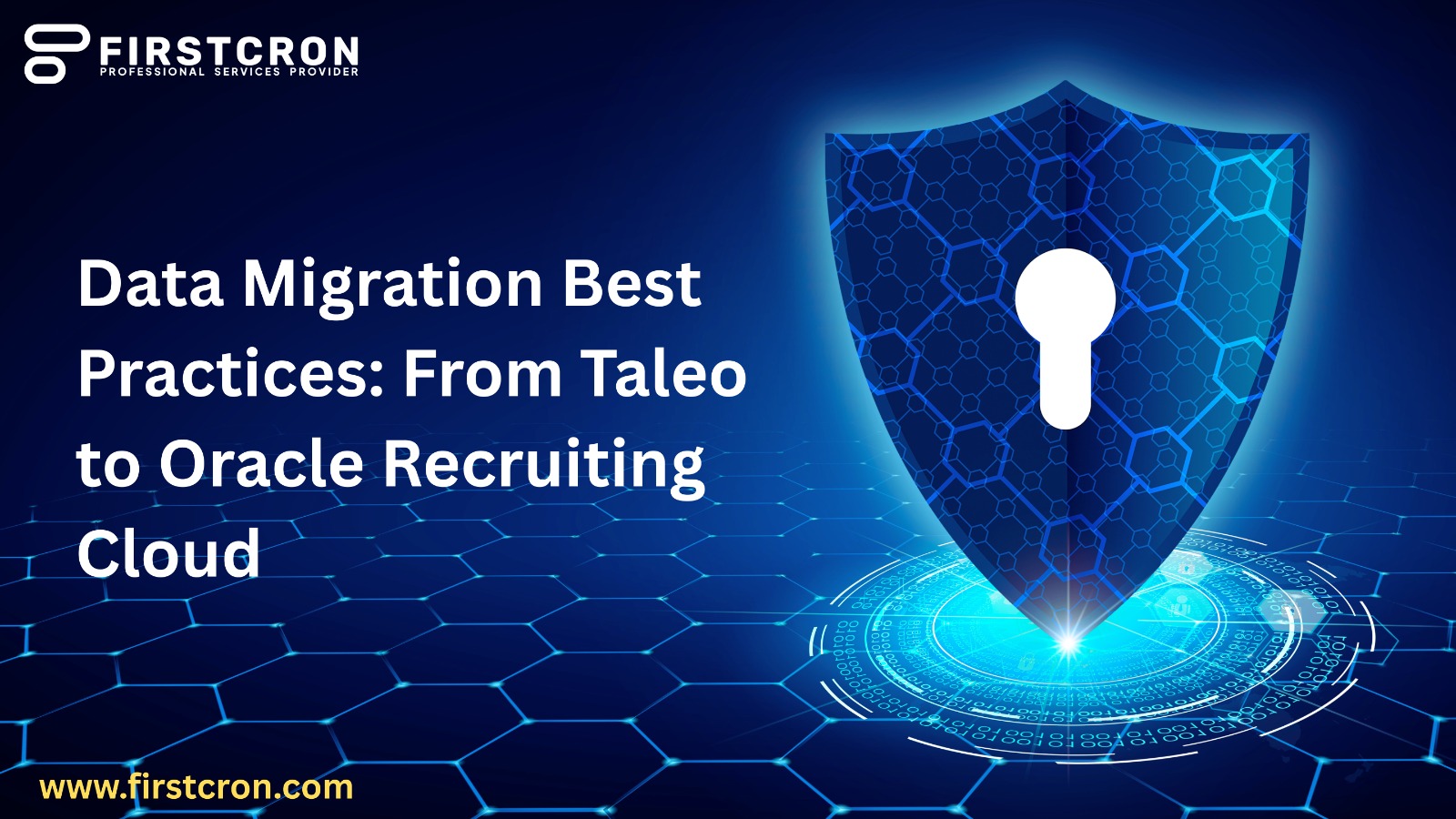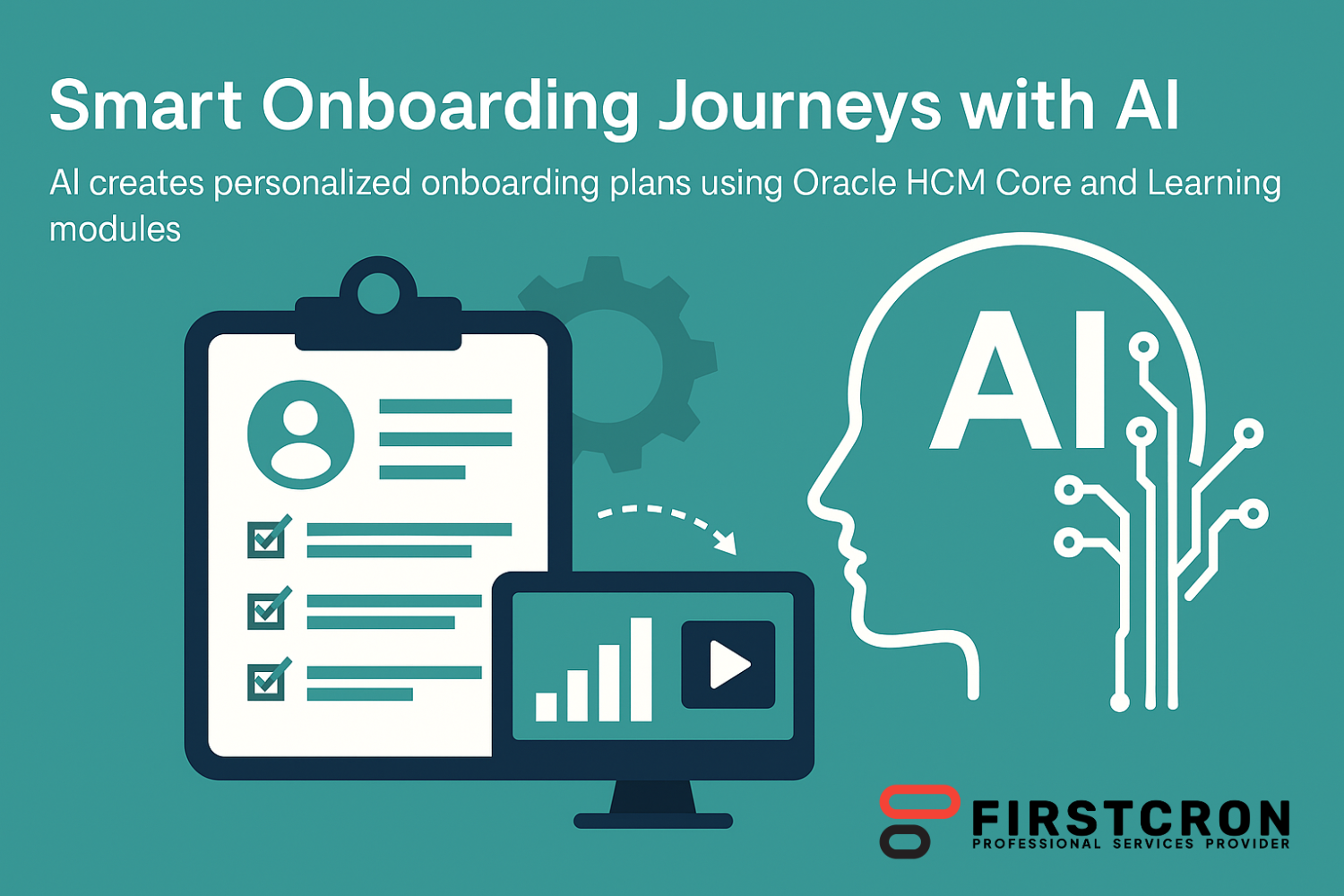
The onboarding experience sets the tone for an employee’s journey within an organization. First impressions matter, and the way companies welcome, train, and support new hires can determine how engaged, productive, and loyal they become. Yet, traditional onboarding is often fragmented—new hires navigate a maze of forms, compliance tasks, and generic training modules that may not align with their roles or learning styles.Artificial Intelligence (AI) is reshaping this critical process. By integrating AI capabilities into Oracle HCM Core and Oracle Learning modules, organizations can create smart onboarding journeys that are personalized, adaptive, and data-driven. Instead of a one-size-fits-all approach, AI ensures every employee receives an onboarding plan tailored to their background, responsibilities, and aspirations.This blog explores how AI transforms onboarding with Oracle HCM, the business benefits, practical applications, and what the future of intelligent onboarding looks like.
In this blog we’ll cover
- The Challenge Of Traditional Onboarding
- AI As The Catalyst For Change
- How Oracle HCM Core Supports Smart Onboarding
- Role Of Oracle Learning In Smart Onboarding
- Traditional Vs AI-Powered Onboarding
- Benefits For Businesses
- One Key List: Why Smart Onboarding Journeys With AI Matter
- Real-World Example
- Challenges And Considerations
- The Future Of AI In Onboarding
- Conclusion
The Challenge Of Traditional Onboarding
Most onboarding programs follow a checklist-driven model. Employees complete compliance paperwork, attend orientation sessions, and go through standardized training. While efficient for HR teams, this model overlooks individual needs. Common challenges include:
- Lack of Personalization: Every new hire receives the same orientation, regardless of role, department, or prior experience.
- Overload of Information: Employees are often bombarded with excessive details in their first weeks, leading to low retention of critical knowledge.
- Limited Engagement: Passive content such as static slides and manuals fail to motivate or immerse new hires.
- Slow Productivity Ramp-Up: Generic training does not always equip employees with the exact skills they need to succeed quickly in their specific roles.
These issues create frustration for new employees and inefficiency for the business. In a competitive talent market, where employee retention is linked to early engagement, organizations cannot afford weak onboarding experiences.
AI As The Catalyst For Change
AI’s ability to process large volumes of workforce data and deliver personalized recommendations makes it the perfect tool for transforming onboarding. When embedded into Oracle HCM Core and Oracle Learning, AI enables companies to go beyond administrative onboarding to create journeys that are:
1. Role-Specific: AI analyzes job profiles to tailor training modules, compliance steps, and resources based on the employee’s function.
2. Context-Aware: Onboarding adapts to factors like location, language, and cultural norms.
3. Skill-Oriented: AI identifies skill gaps and recommends targeted learning content.
4. Dynamic: Progress is continuously monitored, and learning paths evolve as the employee interacts with the system.
The result is an onboarding journey that feels relevant, personalized, and motivating for every new hire.
How Oracle HCM Core Supports Smart Onboarding
Oracle HCM Core acts as the backbone for managing employee data and workflows. With AI integrated, the system can automate and enhance onboarding in several ways:
- Data-Driven Personalization: Employee profiles (role, experience, location, and prior learning history) serve as the foundation for personalized onboarding journeys.
- Automated Task Assignment: Compliance forms, equipment requests, and payroll setup are automatically triggered in the correct sequence.
- Seamless Integration: Onboarding connects with performance, payroll, benefits, and learning modules, reducing manual coordination.
- Predictive Insights: AI uses historical data to anticipate challenges—for instance, identifying employees in similar roles who struggled with specific skills—and proactively adjusts onboarding plans.
This creates a unified and efficient onboarding experience for both HR teams and new hires.
Role Of Oracle Learning In Smart Onboarding
The Oracle Learning module complements HCM Core by delivering adaptive learning experiences. Powered by AI, it ensures employees not only complete training but also enjoy it and retain critical information. Key capabilities include:
- Curated Learning Paths: AI recommends training modules aligned with the employee’s role and career goals.
- Microlearning: Instead of overwhelming employees with lengthy courses, AI breaks learning into small, manageable lessons delivered at the right time.
- Interactive Content: AI enables multimedia, gamification, and simulations to make learning engaging.
- Real-Time Feedback: Learning progress is monitored, and employees receive immediate feedback, ensuring they grasp concepts before moving forward.
Together, HCM Core and Learning create an ecosystem where administrative onboarding and skill-building blend seamlessly into one journey.
Traditional Vs AI-Powered Onboarding
| Aspect | Traditional Onboarding | AI-Powered Onboarding |
|---|---|---|
| Personalization | One-size-fits-all | Role-based, skill-focused, adaptive |
| Content Delivery | Static manuals/slides | Interactive, microlearning, gamified |
| Compliance Tasks | Manual tracking | Automated and sequenced via workflows |
| Employee Engagement | Low | High, through dynamic and relevant experiences |
| Productivity Ramp-Up | Slow | Faster, with targeted skill-building |
This contrast highlights how AI transforms onboarding from a compliance-driven activity into a strategic driver of employee success.
Benefits For Businesses
Organizations adopting smart AI-driven onboarding journeys experience tangible advantages:
- Higher Retention Rates: Employees who feel supported and engaged early are more likely to stay long term.
- Improved Productivity: Personalized training ensures new hires reach peak performance faster.
- Reduced Administrative Burden: AI automates repetitive HR tasks, freeing staff to focus on strategic initiatives.
- Consistency Across Regions: AI ensures global onboarding is consistent while still allowing for local customization.
- Stronger Employer Brand: A smooth, personalized onboarding journey enhances the company’s reputation as an employee-centric workplace.
These benefits contribute directly to workforce performance and organizational competitiveness.
One Key List: Why Smart Onboarding Journeys With AI Matter
- They align onboarding with business strategy by connecting training to organizational goals.
- They empower employees by giving them tailored learning paths that build confidence.
- They leverage workforce data to continuously refine onboarding experiences.
- They bridge cultural and geographic gaps through localized, AI-powered personalization.
- They future-proof HR by turning onboarding into a scalable, intelligent process.
Real-World Example
Imagine a multinational technology firm hiring software engineers across different regions. Using Oracle HCM Core, the company automatically sets up compliance tasks like tax form submissions and IT equipment requests. The AI engine then analyzes each new hire’s background:
- A fresh graduate in India receives onboarding modules focused on foundational coding practices and agile workflows.
- An experienced engineer in Germany skips beginner modules and is directed toward advanced system integration training.
- A remote worker in Brazil receives extra guidance on collaboration tools and virtual team culture.
By tailoring onboarding journeys, AI ensures each employee feels valued and empowered from day one.
Challenges And Considerations
While AI-powered onboarding offers immense value, implementation requires thoughtful planning:
- Data Privacy: Sensitive employee information must be securely managed when used for personalization.
- Change Management: HR teams must adapt to new AI-driven processes and trust automated recommendations.
- Cultural Nuance: Personalization must respect cultural differences to avoid unintended bias.
- Human Touch: AI should complement, not replace, personal interactions. A mentor or manager’s involvement remains essential.
Balancing technology with human oversight ensures onboarding remains empathetic and employee-centric.
The Future Of AI In Onboarding
Looking ahead, AI will make onboarding even more intelligent and immersive:
- Virtual Assistants: New hires will interact with AI chatbots that answer questions, guide them through tasks, and provide real-time support.
- Immersive Learning: Virtual and augmented reality could create realistic onboarding simulations.
- Predictive Retention Analytics: AI will identify employees at risk of disengagement early in the onboarding process, enabling proactive intervention.
- Continuous Onboarding: Instead of ending after the first few weeks, onboarding will evolve into an ongoing journey that supports employees throughout their career progression.
This vision redefines onboarding as a lifelong engagement strategy rather than a one-time process.
Conclusion
Smart onboarding journeys powered by AI represent a paradigm shift in HR management. By integrating Oracle HCM Core and Oracle Learning, organizations can transform onboarding from a standardized checklist into a personalized, dynamic experience that drives engagement, productivity, and retention.
In today’s competitive talent landscape, investing in intelligent onboarding is not optional—it’s essential. Companies that harness AI for onboarding will create workplaces where employees feel welcomed, supported, and empowered from their very first day, setting the stage for long-term success for both individuals and the business.
Tags
Related Post
Navigating Oracle Fusion HCM & Payroll Patch 25C: Key Issues And Solutions For UK Local Councils
July 26th, 2025 10 min read
Learning And Talent Management With Cornerstone OnDemand
October 10th, 2025 17 min read
7 Proven Oracle Fusion Testing Principles To Guarantee Defect-Free Cloud Deployments
May 16th, 2025 15 min read
7 Reasons Why Companies Are Moving From Taleo To Oracle Recruiting Cloud
June 2nd, 2025 14 min read
Navigating Oracle Fusion HCM & Payroll Patch 25A: Key Considerations For UK Local Councils
July 27th, 2025 10 min read
WEEKEND READS
Navigating Oracle Fusion HCM & Payroll Patch 25C: Key Issues And Solutions For UK Local Councils
July 26th, 2025 10 min read
7 Proven Oracle Fusion Testing Principles To Guarantee Defect-Free Cloud Deployments
May 16th, 2025 15 min read
7 Reasons Why Companies Are Moving From Taleo To Oracle Recruiting Cloud
June 2nd, 2025 14 min read
Navigating Oracle Fusion HCM & Payroll Patch 25A: Key Considerations For UK Local Councils
July 27th, 2025 10 min read
UKG (Ultimate/Kronos) — USA And Global, Legacy-to-Modern Workforce Management
October 5th, 2025 23 min read
Driving Compliance And Security With Smart Testing In Oracle Fusion
June 5th, 2025 9 min read
5 Business Benefits Of Investing In AI-Powered Performance Oracle Fusion Testing
May 5th, 2025 11 min read
How End-to-End Testing Of Oracle Fusion Enhances Operational Efficiency In Banking
May 23rd, 2025 11 min read
Data Migration Best Practices: From Taleo To Oracle Recruiting Cloud
May 28th, 2025 13 min read






